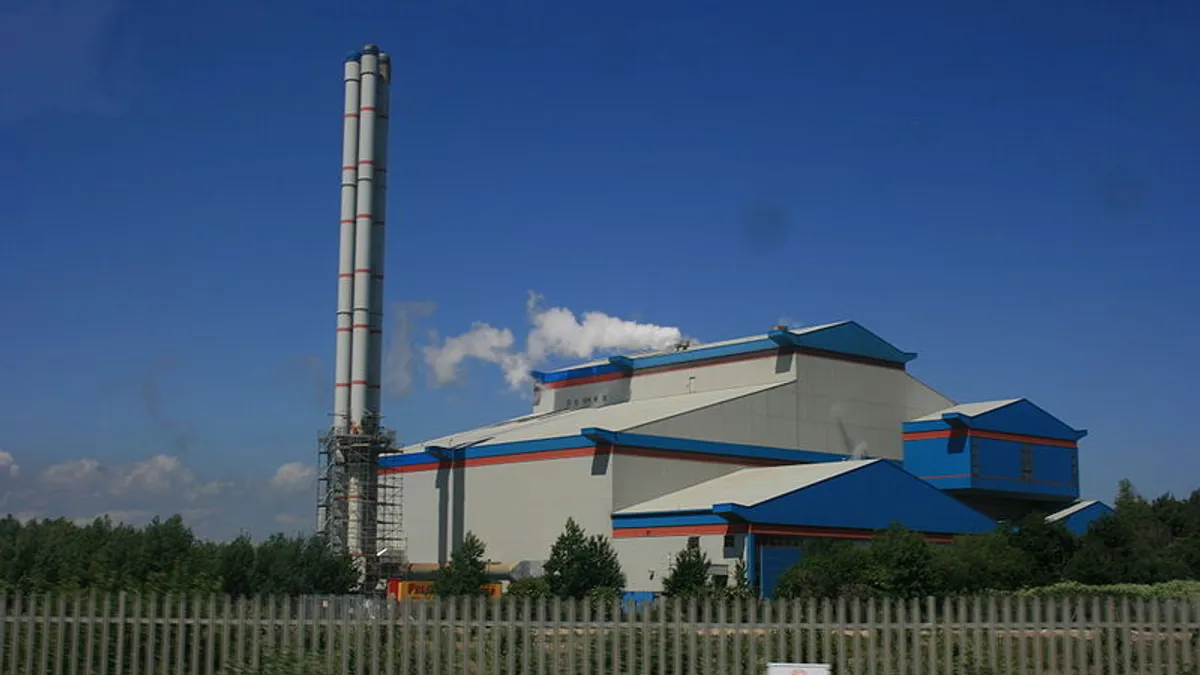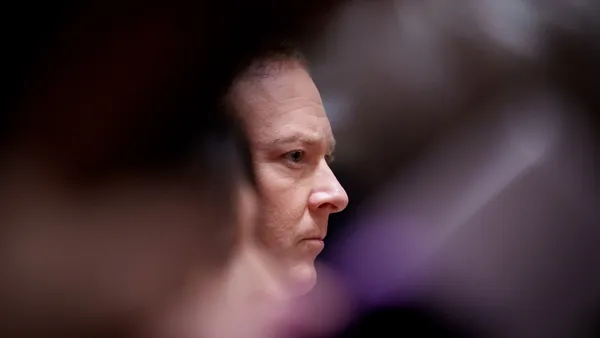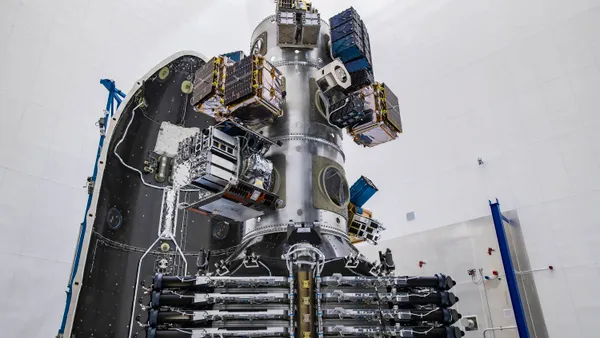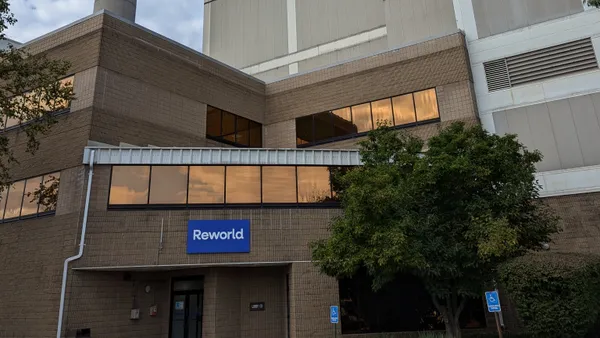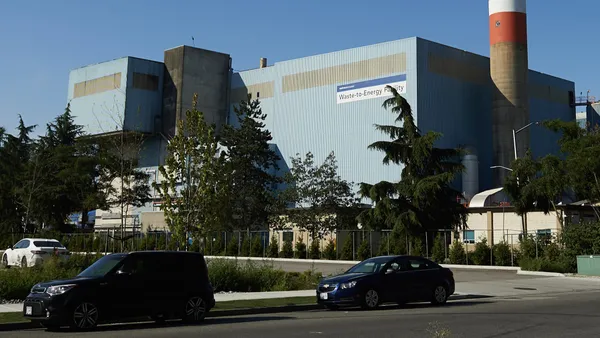Dive Brief:
- The city of Spokane, WA will need to cut carbon emissions from its waste-to-energy (WTE) plant by 5% every three years beginning in 2017 if new state rules pass — unless the city offsets its emissions through other practices such as stepping up recycling or buying credits from other polluters with carbon emissions that are below state requirements.
- The state rules — developed under Washington’s Clean Air Act under the direction of Gov. Jay Inslee — would apply to facilities that release more than 100,000 metric tons of greenhouse gases annually. In 2020, the compliance threshold would drop by 5,000 metric tons every three years until it reaches 70,000 metric tons in 2035. The city has asked the Department of Ecology for flexibility in meeting the proposed rule’s expectations.
- The $110 million plant was launched in 1991 to replace a leaking landfill and help protect the area’s sole source of drinking water for more than 500,000 residents. But it has become one of Washington’s top sources of greenhouse gases, releasing more than 105,000 metric tons of carbon dioxide in 2014.
Dive Insight:
The incineration vs. trash burial argument is ongoing across the industry, especially when discussing controversial issues such as greenhouse gas emissions.
Spokane officials say incineration is the way to go, citing an Environmental Protection Agency estimate that WTE plants produce less emissions. They say the WTE plant is an asset, processing 800 tons of trash daily and generating enough electricity to power 13,000 homes.
Then there is the issue of money should the city need to come up with an alternative disposal method. "I don’t anticipate that we would build another landfill for this community," said Marlene Feist, a spokeswoman for the city’s utilities division.
Sen. Doug Erickson, chairman of the Senate Energy, Environment and Telecommunications Committee, opposes the legislation and just pushed Bill 6173 through his committee, which would bar the Department of Ecology from limiting carbon emissions without legislative action.
Meanwhile, state officials point out that there is no definitive formula to show that incineration is better for the environment. Burning garbage releases greenhouse gases immediately; landfills release emissions over decades. "It really depends on how they manage the methane," said Neil Caudill, the Department's greenhouse gas reporting specialist.


